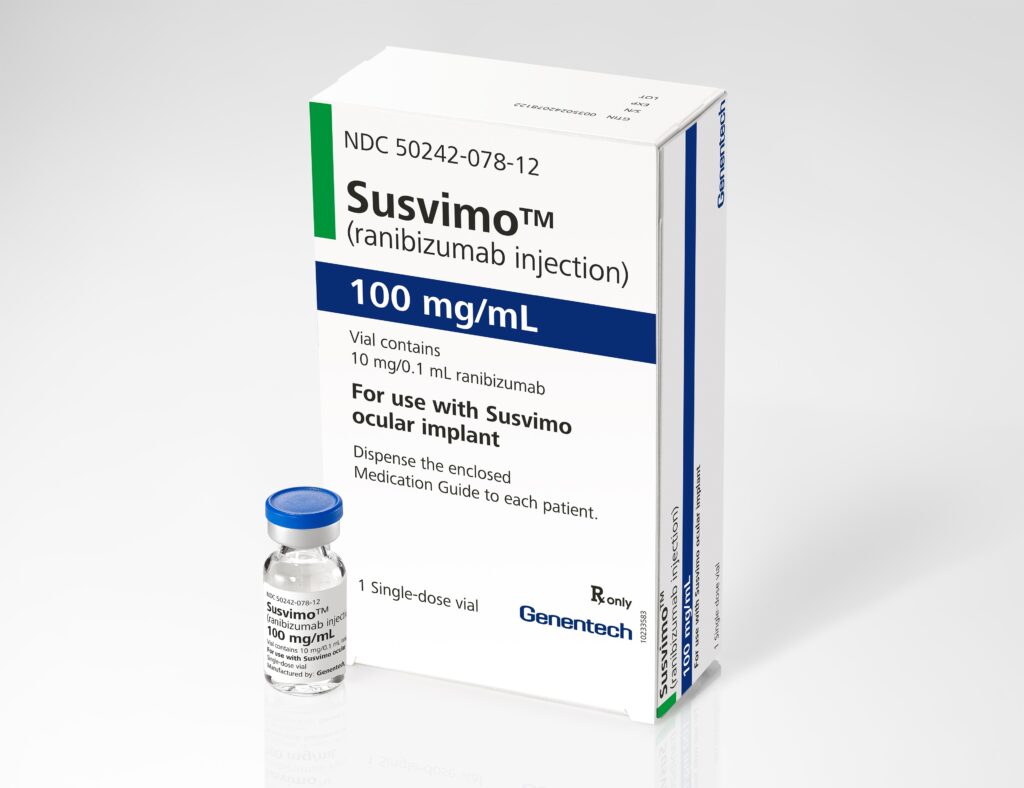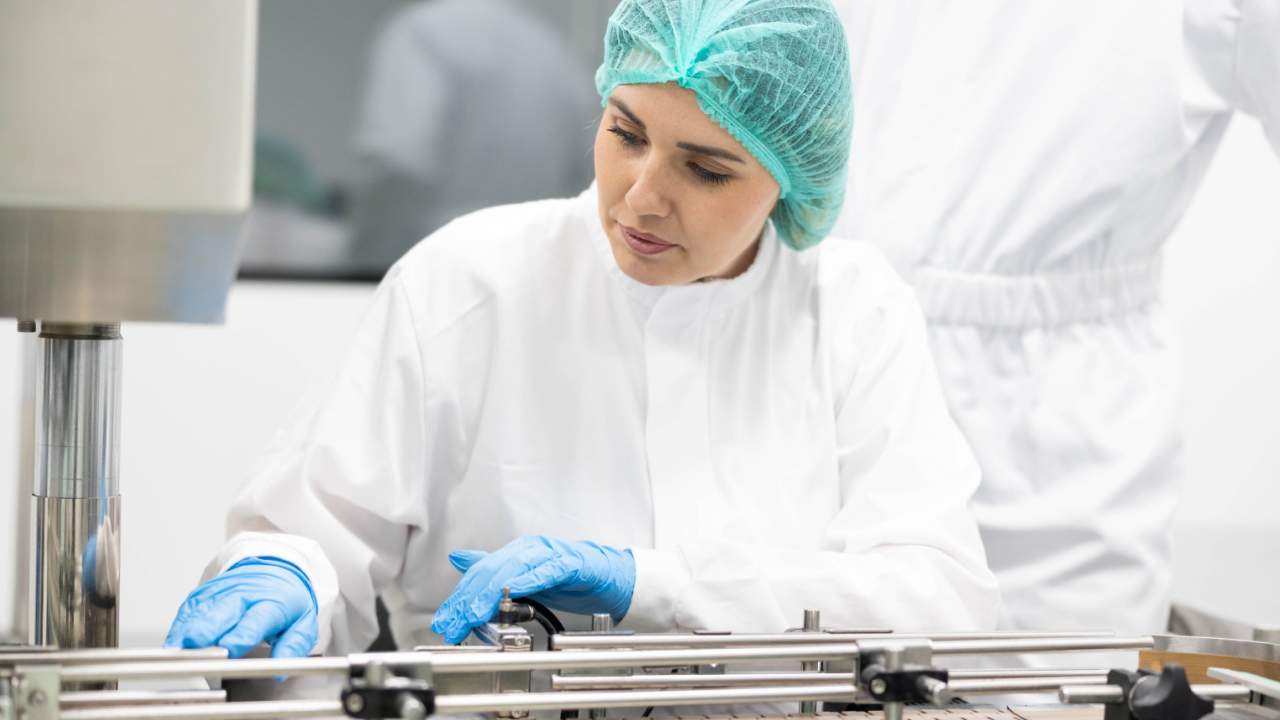Genentech, a member of the Roche Group, has announced the reintroduction of Susvimo (ranibizumab injection), a treatment for individuals suffering from wet age-related macular degeneration (AMD).
Susvimo, a refillable eye implant, received US Food and Drug Administration (FDA) approval in 2021, but its initial rollout faced challenges due to septum dislodgement cases that prompted Roche to issue a voluntary market recall in October 2022. The company said the cases necessitated “additional testing of the commercial implant supply,” which showed Roche that some implants did not perform to company standards.
Roche has since addressed the concerns, saying it has made FDA-approved “component-level updates” to the ocular implant and refill needle, making them market-ready again.
Susvimo, previously known under its development name Port Delivery System (PDS) with ranibizumab, is an ocular implant designed to provide continuous delivery of a custom formulation of ranibizumab into the eye. The implant is inserted into the eye during a one-time outpatient surgical procedure and requires a refill only once every six months.
Unlike traditional treatments requiring frequent injections, Susvimo offers a more patient-friendly solution by delivering sustained drug release through an implantable device. It only needs two refills a year.
When it was first approved, Roche said Susvimo was a “first-of-its-kind therapeutic approach” to wet AMD as it was the first alternative to regular eye injections that are the standard of care for the condition.
XTALKS WEBINAR: Revolutionizing Ophthalmology Clinical Trials Through Enhanced Accessibility and Advanced AI-driven Analysis
Live and On-Demand: Thursday, July 11, 2024, at 11am EDT (4pm BST/UK)
Register for this free webinar to explore strategies focused on improving patient access and precision analysis by integrating artificial intelligence in ophthalmology clinical trials.
Wet AMD is a chronic eye disorder that causes blurred vision or a blind spot in the visual field. It is a leading cause of vision loss among people aged 50 and older. Wet AMD occurs when abnormal blood vessels grow under the retina and macula, leading to the leakage of blood and fluid. This condition requires regular treatment to prevent further vision deterioration and, in some cases, to improve vision.
Wet AMD affects 1.5 million people in the US and 20 million people worldwide and can cause blindness if left untreated.
“We are pleased to reintroduce Susvimo, a unique therapeutic approach shown to provide an effective alternative to regular eye injections by preserving vision with two refills per year in Phase III study patients with wet AMD,” said Levi Garraway, MD, PhD, Genentech’s chief medical officer and head of Global Product Development in a press release. “Susvimo’s return to the retina community reflects our unwavering commitment to provide innovative retinal treatments, and lays the groundwork for future advancements.”
One of the most significant challenges in managing wet AMD is ensuring patients adhere to their treatment regimen. Frequent intravitreal injections can be burdensome and uncomfortable for patients, leading to missed appointments and suboptimal treatment outcomes. Susvimo addresses this issue by offering a less invasive, long-acting treatment option that could improve patient compliance and quality of life.
Clinical trials have demonstrated the efficacy and safety of Susvimo in treating wet AMD. In the pivotal Phase III Archway study, Susvimo was shown to maintain vision in patients with wet AMD with as few as two treatments per year, compared to standard monthly injections. The results indicated that Susvimo’s efficacy was comparable to monthly ranibizumab injections, with the added benefit of reduced treatment frequency.
Related: Regeneron’s High Dose Eylea Gets FDA Nod for Wet AMD and DME
Regeneron and Bayer’s Eylea (aflibercept) and Genentech’s Vabysmo (faricimab-svoa) have been battling it out in the wet AMD market since Vabysmo was approved in 2022. While Eylea’s sales have been on the decline, Vabysmo has been picking up steam.
In the first quarter of 2024, Vabysmo sales leaped 108 percent to $927.4 million, being Roche’s leading growth driver to kick start the year.
Last year, Eylea received approval for a high-dose formulation, while Vabysmo recently nabbed FDA approval for a prefilled, ready-to-use syringe version, instead of extracting the drug from a vial. In October 2023, the bispecific antibody got a label expansion to retinal vein occlusion.
Genentech has a new candidate in early development for wet AMD that is “specifically designed” to be compatible with the port delivery system used in Susvimo.
Merck is also looking to tread into the eye disease market. In May, the company picked up biotech EyeBio in a nearly $3 billion deal to get access to Restoret, an investigational and first-in-class investigational trispecific antibody for diabetic macular edema and wet AMD.
If you want your company to be featured on Xtalks.com, please email [email protected].












Join or login to leave a comment
JOIN LOGIN